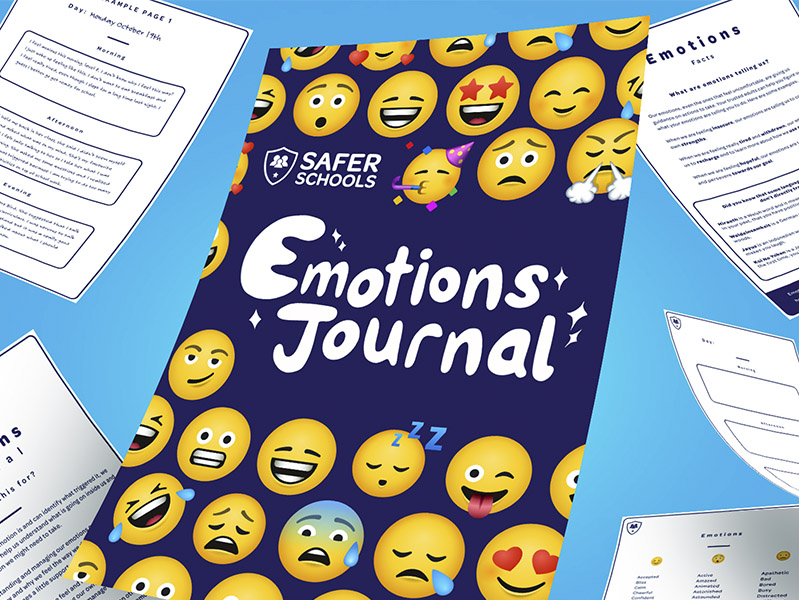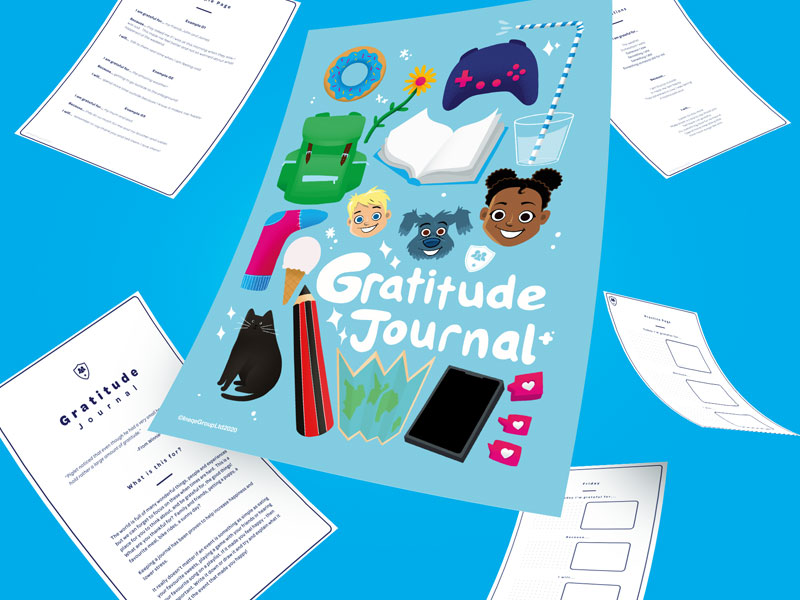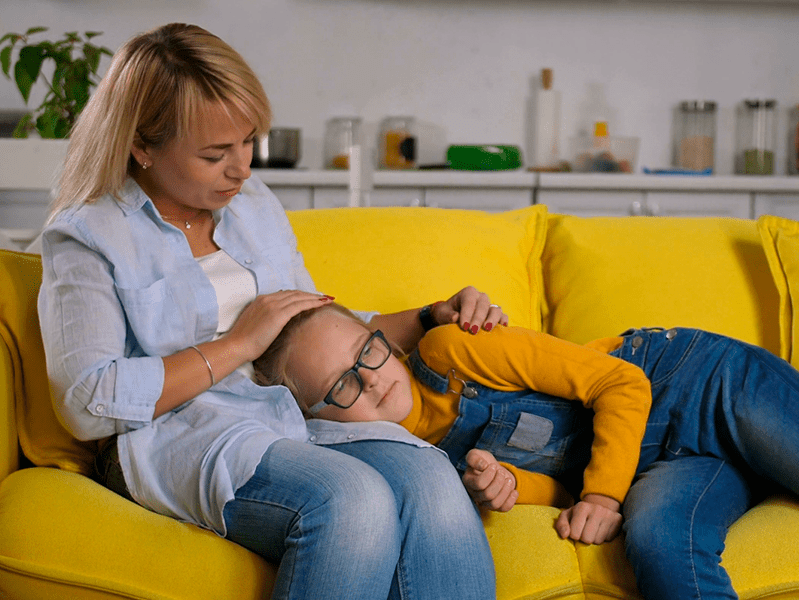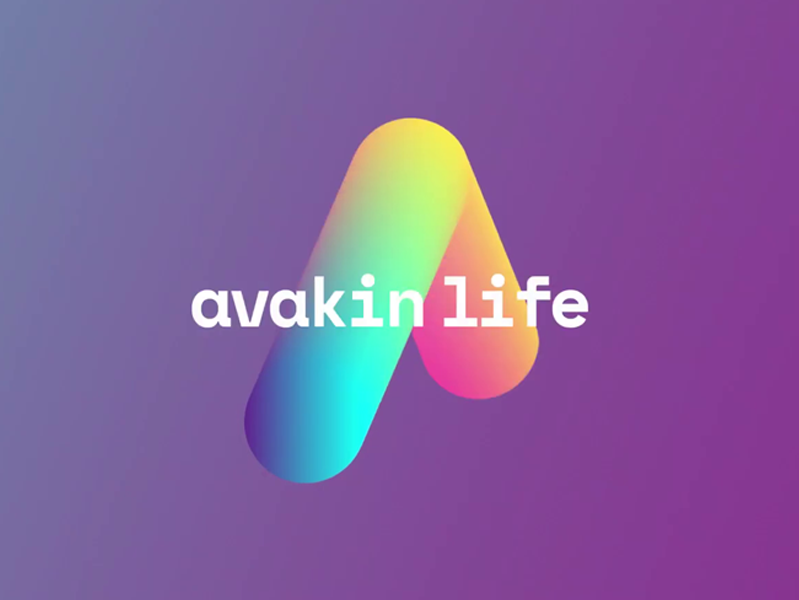Last Updated on 10th December 2021
This week marks Children’s Mental Health Week across the UK.
As we continue to navigate our way through the Coronavirus pandemic and find ourselves at home more than usual, it’s critical that we look after our mental health – especially children and young people.
Being at home more inevitably means we’re spending more time online – on our phones, tablets and computers. We’ve learned new ways to communicate with people through screens and children have moved to online and blended learning to be educated in ways never experienced before.
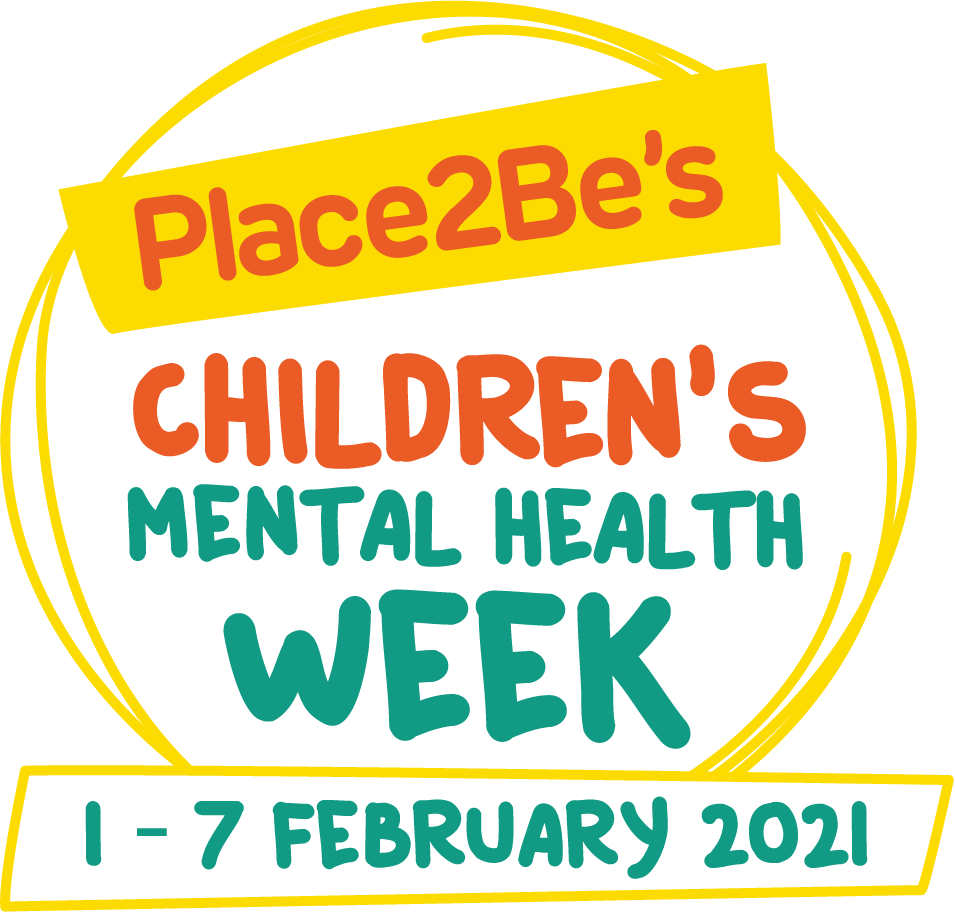
However, this change to our lives isn’t easy to deal with – including children.
The pandemic has added stress to young people’s lives with around 83% saying the situation had made their mental health worse.
To gain invaluable insight into how parents, carers and teachers can help children who may be finding these changes difficult, we sat down (virtually, of course) with Koulla Yiasouma.
Koulla has been the Commissioner for Children and Young People in Northern Ireland since 2015 and has worked in helping to protect and stand up for children and young people for more than 30 years.
You can watch the interview below and find out some top tips on how to protect children and young people who may be struggling with their mental health.
Key facts
Source: The Cybersmile Foundation, 2020
Join our Safeguarding Hub Newsletter Network
Members of our network receive weekly updates on the trends, risks and threats to children and young people online.


